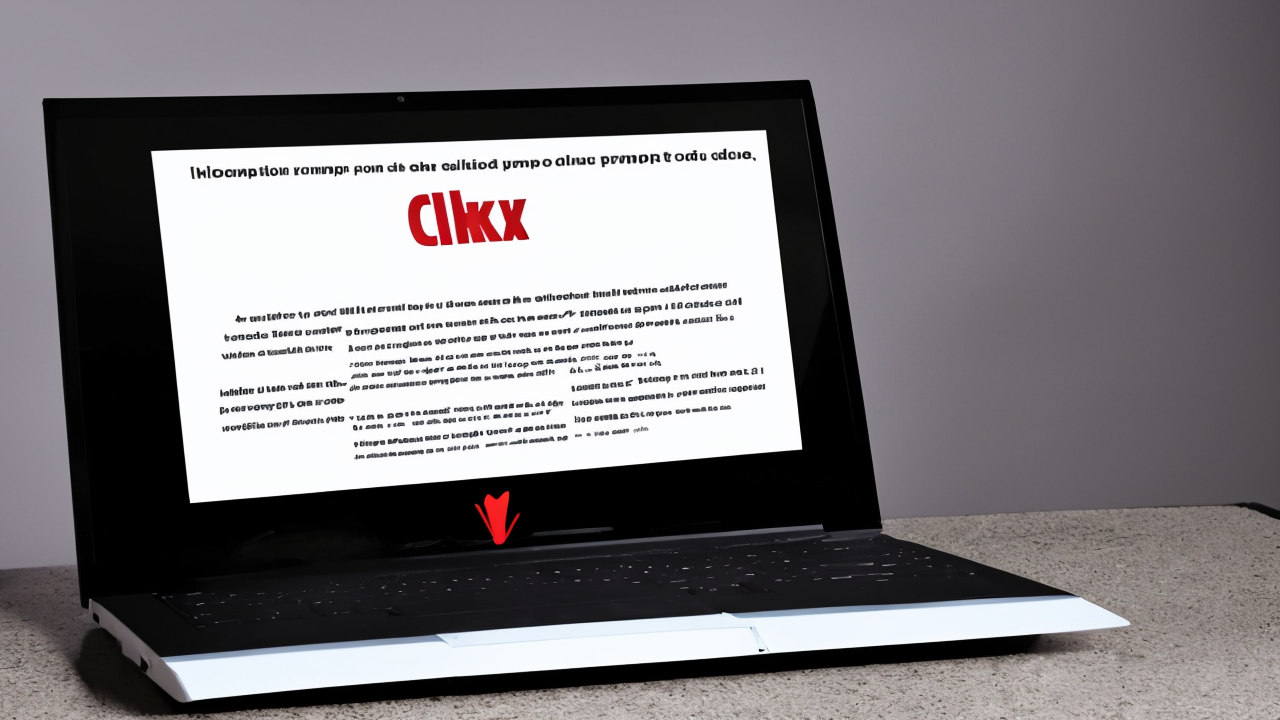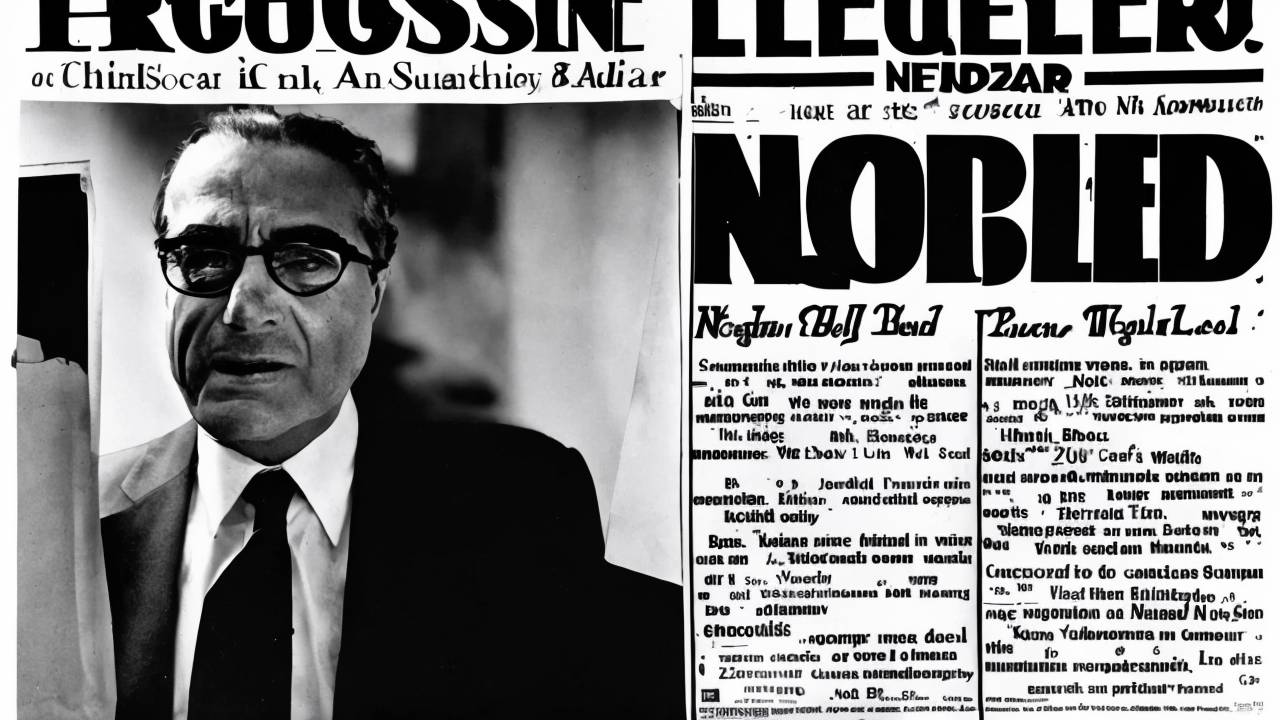Study Finds PCSK9 Inhibitor Reduces Cardiac Events in High-Risk Patients

A recent clinical trial has delivered powerful evidence that the PCSK9 inhibitor evolocumab significantly reduces major adverse cardiac events in high-risk patients, even those without prior heart attacks or strokes. The VESALIUS-CV study, published in the New England Journal of Medicine and presented at the American Heart Association Scientific Sessions, followed over 12,000 individuals with atherosclerosis or high-risk diabetes for nearly five years. The results showed a 25% relative reduction in major adverse cardiac events—defined as death from coronary heart disease, heart attack, or ischemic stroke—among those receiving evolocumab compared to placebo. A broader composite endpoint, including procedures like angioplasty or bypass surgery, also saw a 19% improvement.
These findings mark a significant advancement in cardiovascular medicine. They suggest that aggressively lowering LDL cholesterol to around 40 mg/dL can provide meaningful protection, even in individuals who have not yet experienced a cardiovascular event. Experts have described the results as “practice-changing,” pointing to the potential for earlier, more proactive treatment strategies.
Yet beneath the surface of this medical achievement lies a deeper question about the direction of modern healthcare. As pharmaceutical interventions grow more effective, we must ask whether we are solving the right problems—or simply managing symptoms while overlooking the root causes of illness.
The study’s data reveal a troubling imbalance. Only 20% of participants were using ezetimibe, a well-established cholesterol-lowering drug, and even fewer were on newer therapies like GLP-1 agonists or SGLT2 inhibitors, which address multiple metabolic pathways. This raises a critical point: if patients are being treated with powerful biologics while core lifestyle factors remain unaddressed, we may be treating the disease without healing the patient.
In today’s medical landscape, there is a growing tendency to rely on pharmaceuticals as the primary solution to chronic disease. High-risk individuals are now being prescribed expensive, injectable drugs before they show any signs of illness. While such interventions can extend life and reduce risk, they also encourage a mindset of dependency. When health becomes synonymous with medication, personal responsibility can erode.
Consider the broader implications. If people believe they can offset poor diet, lack of exercise, and chronic stress with a weekly injection, they may lose motivation to make lasting, life-affirming changes. This shift undermines the very foundation of true wellness—self-discipline, stewardship of the body, and a commitment to long-term health.
Moreover, the financial burden of such therapies is substantial. Evolocumab costs thousands of dollars annually, placing a strain on insurance systems and public health budgets. As more patients are added to long-term treatment regimens, the cost to society grows, often at the expense of preventive education and community-based health programs.
We must not confuse medical progress with moral or societal progress. A drug that lowers cholesterol does not restore integrity to a culture that undervalues discipline. It does not strengthen families that neglect shared meals or physical activity. It does not rebuild communities that have lost their sense of shared responsibility for health and well-being.
True prevention is not found in a syringe. It is found in the daily choices we make—what we eat, how we move, how we care for our bodies as temples of the Holy Spirit. It is found in schools that teach nutrition, in workplaces that encourage physical activity, in families that prioritize time together and healthy habits.
The future of medicine should not be defined by ever more complex drugs, but by a return to foundational principles. Let us invest in education, public health initiatives, and policies that support sustainable living. Let us empower individuals to take ownership of their health—not through prescription, but through wisdom.
The VESALIUS-CV trial is a milestone. But the real breakthrough will come not when we treat disease more effectively, but when we help people live in a way that prevents it from taking root in the first place.
Published: 11/9/2025








